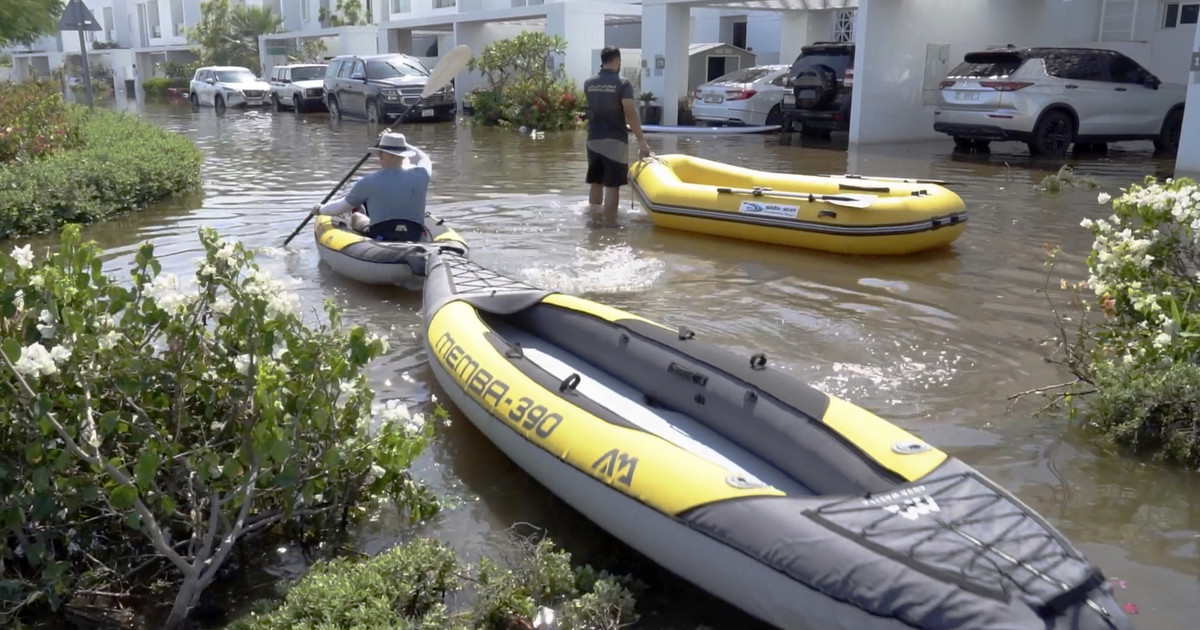On the 26ththe International Conference on Climate Change (COP26) reaffirms the need for immediate action to tackle climate change, focusing on the energy sector, which is responsible for almost 3/4 of carbon dioxide emissions. In this context, the Financial Analysis Division of the National Bank in its latest study (i) presents the roadmap for the transformation of the energy sector as the core of the green transition globally and (ii) highlights the opportunities that open up for Greece.
Last summer showed us the signs that the Climate change is accelerating, with the manifestation of extremes floods, heat waves and fires. To confirmation of the criticality of the situation, the international scientific community signaled red alarm that we are moving towards irreversible catastrophic paths for the planet, which were explicitly stated to be caused by human activity. Specifically, the It is important not to exceed the limit of + 1.5 ° C in its increase temperature by 2050 (relative to its levels pre-industrial era) – something that practically requires 6 times of its current rate of reduction of its carbon dioxide emissions carbon to achieve zero in 2050 (in pure terms). The dizzying size of the adjustment
is reflected in the amount of required investment funds, which worldwide are estimated at $ 4.4 trillion per year for the next 3 decades. At the recent COP26 conference, while steps were being taken in the right direction (such as the first mention of carbonation), the agreements reached lack clarity on short-term commitments and cover about 1/2 of the desired net emission target by 2050. Beyond Due to the high investment cost, the difficulty of the project lies in successfully meeting two challenges:
• As each country has a different cumulative contribution to the problem, a different urgency to solve and a different level of development, finding a fair transnational cost sharing of this global issue becomes extremely complex. It is indicative of the high degree of difficulty in reaching a commonly accepted text of conclusions at the recent COP26.
• An efficient energy transition process must be balanced at the limits of the trilogy: carbonization, supply adequacy, providing cheap energy. Recent upheavals in the energy market (with record gas prices and emission allowances, and historically low gas reserves in the EU) are indicative of the difficulties of accelerating the energy transition. It is noted that natural gas covers ¼ of the energy mix and is expected to maintain a substantial contribution as a fuel of low emissions both during the transition period and for reasons of backup security in the long run.
The EU strategy is built in two phases:
i. During the decade 2021-2030, the main goal is the “cleaning” of the electricity mix (65% RES, from 40% today).
ii. During the twenty years 2030-2050, the main goal is the electrification of energy consumption, almost doubling the share of electricity (from 22% to about 50%). Electricity is estimated to be achieved through a combination of direct electricity consumption and indirect use for the production of alternative zero-emission fuels (such as hydrogen).
The international issue of energy transition is crucial for our country, as its exposure to the risks of climate change is high. Focusing on national strategies, as RES development is moving in the right direction (targeting 70% of electricity in 2030 and 83% in 2050), the big bet for the Greek economy is energy electrification
(from 27% today, to 43% in 2050, and up to 60% taking into account the indirect role of electricity in the production of synthetic fuels). At this point, the road to the green transition faces the most serious challenges, which largely stem from (i) the old and polluting vehicle fleet, (ii) the inefficient building stock and (iii) the increased need for maritime transport. These factors prevent the relatively clean electricity mix of Greece from being translated into a clean total energy mix (with oil covering 54% in Greece compared to 33% in Europe). In summary, regarding the capital needs of the energy transition in our country, it is estimated that: i. during the first phase (2021-2030) annual investments of € 8.5 billion will be required, mainly for RES development and storage, network upgrades and energy efficiency improvement, while ii. during the second phase (2030-2050), the needs rise to € 10.6 billion per year, with the transport sector as the significant recipient.
In conclusion, we conclude that the green transition is an opportunity for Greece that should not go lost. Existing plans are already reducing the high country dependence on energy imports (from 74% today, at 30% in 2050), converting it from net importer into pure green energy producer.
At the same time, moves are already being made in a positive direction regarding the institutional environment (climate law, more efficient RES licensing process), which is reflected in its improvement classification of Greece in the relevant Climate Index and Energy Policy (24the place in the world, from 34the the 2020). However, conditions favor it to take additional steps to become a regional green energy hub with significant economic and
geopolitical benefits. Important initiatives contribute to this, such as (i) the interconnection with Egypt for the import of cheap solar energy, (ii) the program of islands with 100% RES energy (starting with Halki), (iii) the creation of a research and development center for sustainable fuels in shipping, (iv) the planned issuance of a government bond to finance green investments and (v) the planned hydrogen production infrastructure in Ptolemaida.
Although tackling climate change requires the cooperation of all countries of the world to be successful, the recent environmental and consumer waking up creates unique opportunities for countries like Greece to become “green leaders” – thus fulfilling their debt. for future generations while reaping significant economic benefits.
The study can be found in the Sector Analyzes section of E.Spot (online magazine of the National Bank) on the following website:
.
Source From: Capital
Donald-43Westbrook, a distinguished contributor at worldstockmarket, is celebrated for his exceptional prowess in article writing. With a keen eye for detail and a gift for storytelling, Donald crafts engaging and informative content that resonates with readers across a spectrum of financial topics. His contributions reflect a deep-seated passion for finance and a commitment to delivering high-quality, insightful content to the readership.






